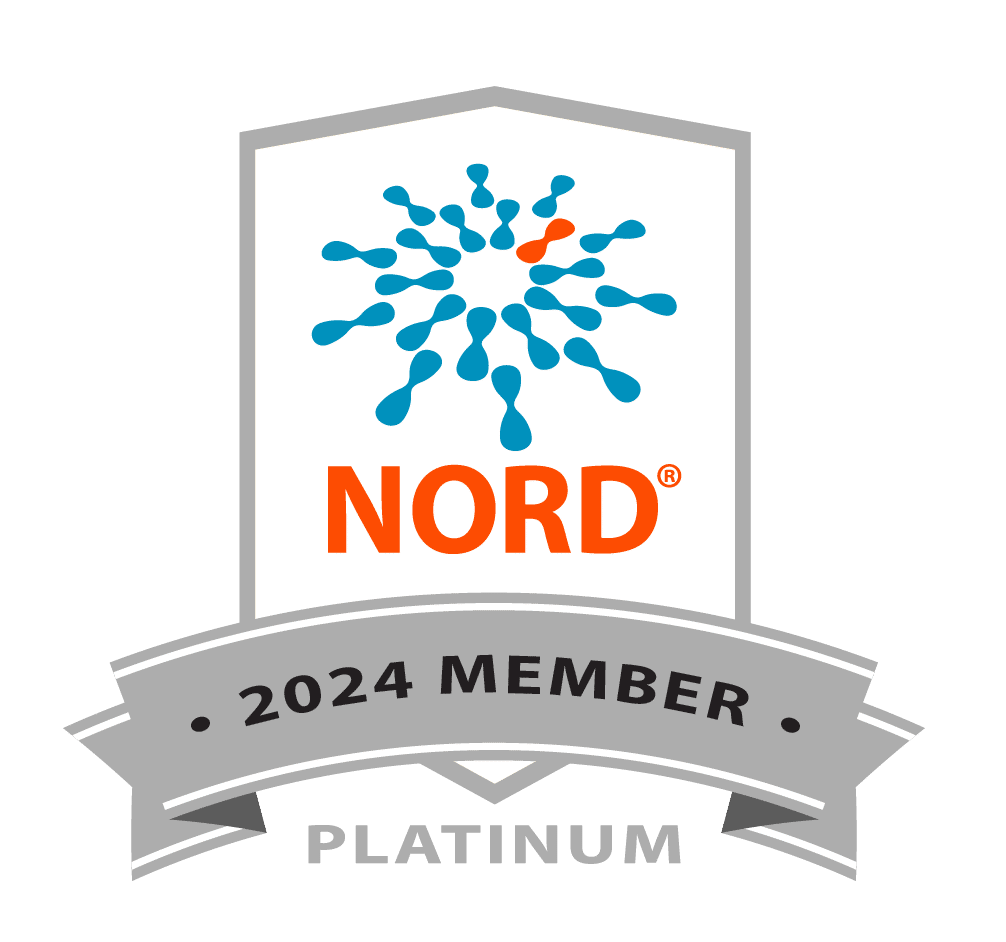Study on liver involvement in mild alpha-1-antitrypsin deficiency published in “Gastroenterology”
The Alpha1-Liver Team from Aachen, Germany, which coordinates the European study group for alpha1-antitrypsin deficiency-related liver disease, has published the latest results on liver involvement in mild alpha1-antitrypsin deficiency in the renowned journal Gastroenterology. This work appears a year after the contribution that focused on the liver phenotype in severe alpha1-antitrypsin deficiency and was also published in Gastroenterology.
Alpha1-antitrypsin deficiency is, among the rare diseases, one of the most common hereditary conditions. The Alpha1 Team from Aachen, led by Professor Dr. Pavel Strnad and Dr. Karim Hamesch, has been researching the liver involvement of this systemic disease since 2015. While up to 10 percent of all Europeans have a mutation in the alpha1-antitrypsin gene, 2-4 percent carry a copy of the classic “Pi*Z” mutation (so-called “heterozygotes”). Although this mutation is quite common among Caucasians, its relevance with regard to the development of liver disease remained unclear. “For the first time, we were able to characterize the extent of liver involvement in carriers of the most relevant alpha1-antitrypsin mutation in two large cohorts resembling the general population,” reports Mrs. Carolin Victoria Schneider, physician and first author of the publication. “Compared to patients who have two Pi*Z mutations (homozygous Pi*ZZ genotype), Pi*Z carriers (heterozygous Pi*MZ genotype) are less affected, but still substantially more susceptible to liver injury than subjects without an alpha1-antitrypsin mutation,” adds Dr. Hamesch, also first author and coordinating study physician of the European Alpha1-Liver study group. Prof. Strnad, last author and European study leader, adds: “A relevant part of the population is therefore at risk of developing liver injury, especially if risk factors such as excessive alcohol consumption, overweight or diabetes are added.”
With the support of the collaborating scientists and, above all, patient representatives and referring pulmonologists, the European Reference Center in Aachen has been able to establish the world’s largest cohort of alpha1 patients with detailed liver characterization. More than 1,500 probands have now been examined in eleven European countries. Some of the results of the most recent publication have even been obtained in Australia. “We have supplemented these data with a population-based cohort of almost 450,000 participants, which also showed that Pi*MZ subjects have elevated liver values,” said Schneider. “We have also conducted studies in liver biopsies to better understand the effects of the Pi*Z mutation. Among others, these data indicate that a diagnosis cannot be solely made on the basis of a liver biopsy and that genotyping is of central importance,” says Dr. Hamesch. Prof. Strnad is optimistic: “We hope that our research will raise the awareness of this understudied condition and provide assistance to the many patients with alpha1-antitrypsin deficiency”.
Further information on the project and the European study group: www.alpha1-liver.eu
Review on alpha1-antitrypsin deficiency by Prof. Strnad in the New England Journal of Medicine: https://www.nejm.org/doi/full/10.1056/NEJMra1910234
Publication: Schneider CV*, Hamesch K*, Gross A, Mandorfer M, Moeller LS, Pereira V, Pons M, Kuca P, Reichert MC, Benini F, Burbaum B, Voss J, Gutberlet M, Woditsch V, Lindhauer C, Fromme M, Kümpers J, Bewersdorf L, Schäfer B, Eslam M, Bals R, Janciauskiene S, Carvão J, Neureiter D, Zhou B, Wöran K, Bantel H, Geier A, Dirrichs T, Stickel F, Teumer A, Verbeek J, Nevens F, Govaere O, Krawczyk M, Roskams T, Haybaeck J, Lurje G, Chorostowska-Wynimko J, Genesca J, Reiberger T, Zoller H, Lammert F, Krag A, George J, Anstee QM, Trauner M, Datz C, Gaisa NT, Denk H, Trautwein C, Aigner E, Strnad P: Liver Phenotypes of European Adults Heterozygous or Homozygous for Pi*Z Variant of alpha-1 antitrypsin (Pi*MZ vs Pi*ZZ genotype) and Non-carriers; Gastroenterology 2020 May 3. Pii: S0016-5085(20)30577-1 – * equal contribution
Link: https://www.gastrojournal.org/article/S0016-5085(20)30577-1/
Graphical abstract:











